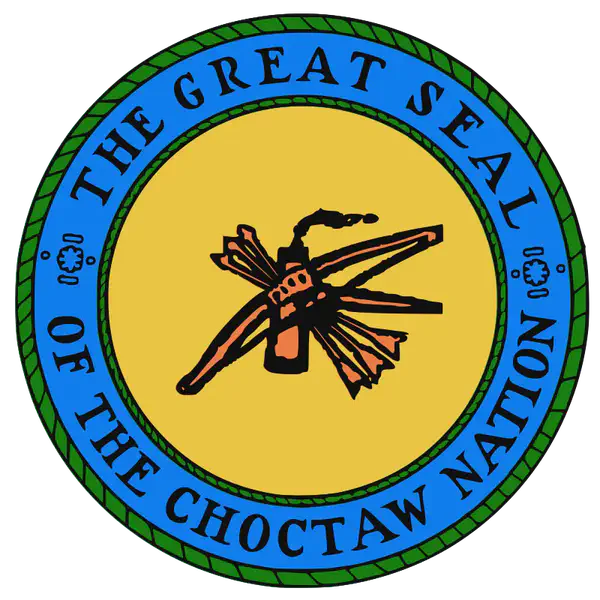
Choctaw Indians Collect Money to Donate to Starving Irish Hunger Victims
March 23, 1847
Native American nations, Irish immigrants to the United States, and residents of Ireland have a history of often-supportive interactions dating back to the start of the Great Famine. Across multiple generations, people from both communities have drawn attention to their parallel histories of colonization by English-speaking countries.
Scholarship on, and press attention to, these interactions has highlighted both acts of solidarity and the participation of some Irish immigrants in the invasion and dispossession of Native Americans.
The Irish Potato Famine was the mass starvation and spread of disease from 1845 to 1849. One million Irish died and more than a million left the country, causing Ireland’s population to drop by more than 20%. It is said that during the Trail of Tears, members of the Choctaw Nation heard about the Potato Famine from an Irish soldier.
Only shortly after their relocation, Choctaw collected money to send to Ireland. The Choctaw of Skullyville donated $170 and the Choctaw of Doaksville donated $150. Both donations are valued at roughly $5000 today. The Cherokee Nation also donated $200.
Other groups donated to the Irish, including former slaves in the Caribbean, prisoners in Sing Sing, as well as convicts on a prison ship in London.
Padraig Kirwan is a senior lecturer at Goldsmiths University, and the co-author of Famine Pots: The Choctaw Irish Gift Exchange 1874-Present with LeAnne Howe from the Choctaw Nation. She says “There is a symbiosis of what it means to be a colonized people and to have lived through cultural trauma.” After being sent to Midleton in County Cork, funds were used to purchase food, blankets, and feed for livestock, which were distributed by the Quaker community.[